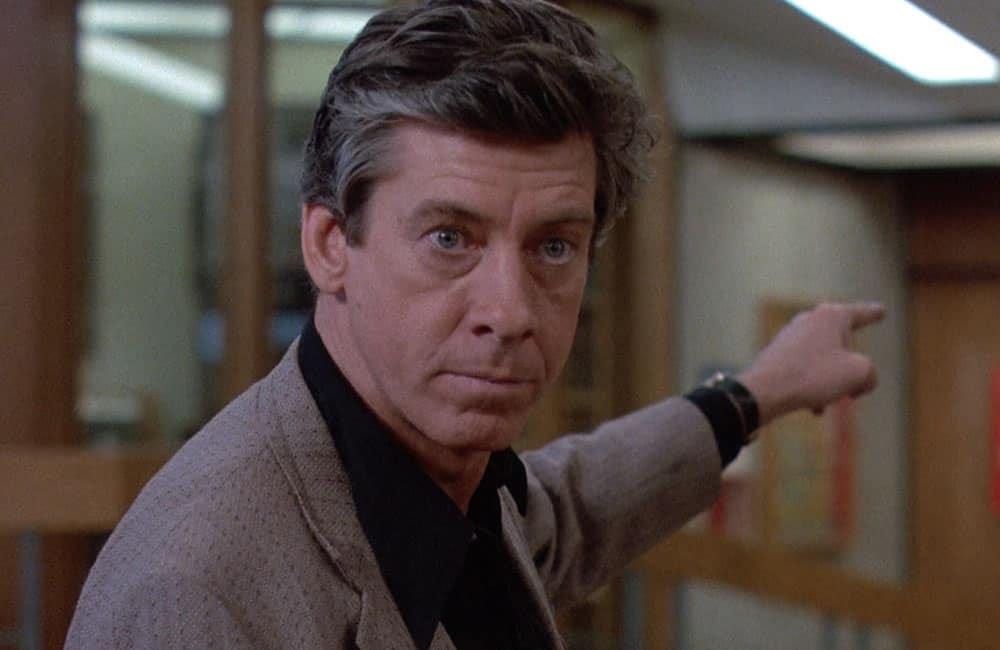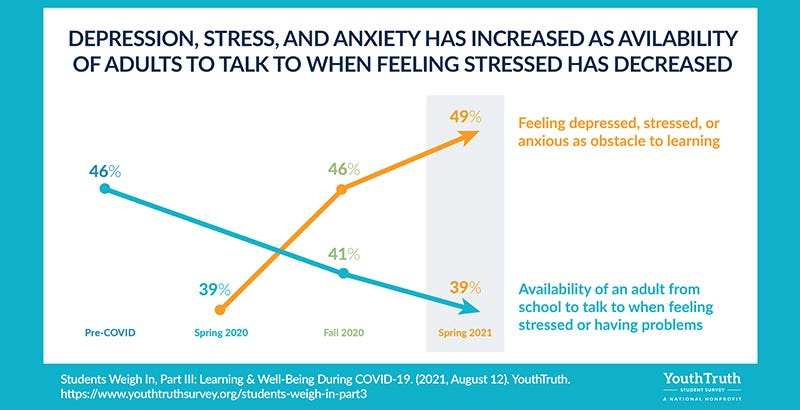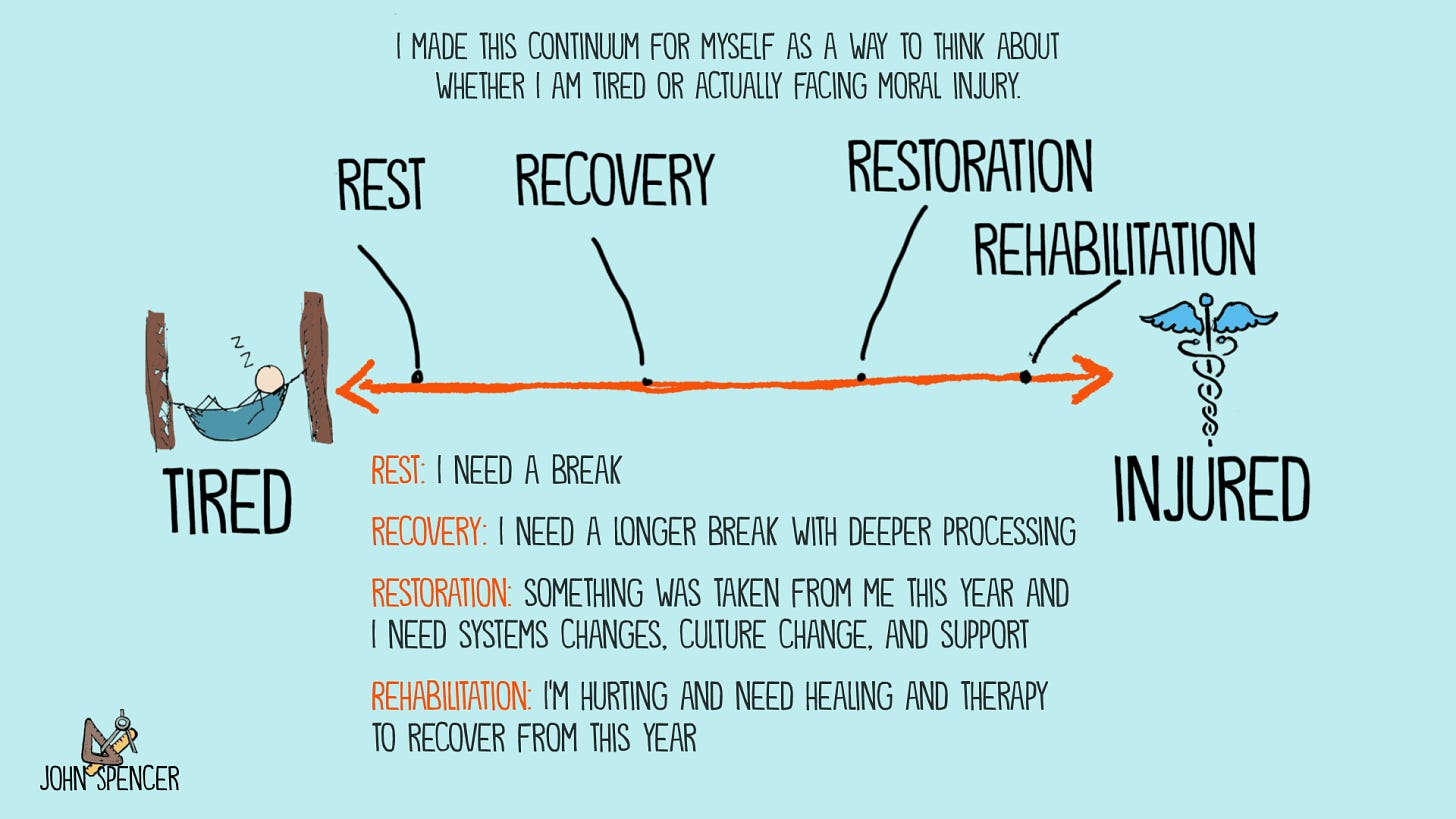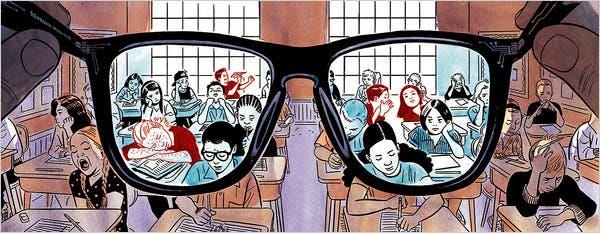As of today, I have 8.5 days of school left in the year. I’m actually a bit amazed that I made it to the end of yet another school year. This year has been one of my most challenging, taking a toll on me, both physically and mentally. I’ve been inundated with thousands of micro misbehaviors, fought for my students’ attention, and experienced extreme disengagement and recalcitrant student behavior. I wish I could say that in these last weeks, my students have been well-behaved and engaged. Nope! My students are driving me crazy and I’m worrying that I’ve become a cynical teacher.
When I was a young teacher, I vowed to never become a cynical teacher. I became an educator so that I could positively impact the lives of my students. I have always had a rapport with children, and as a twenty-something, bright-eyed, pre-service teacher, motivating children came easy. I could scrunch up my face, make a joke, and instantly, children engaged with what I had to say. I could dance around the room, modeling the difference between planets orbiting and rotating on an axis. My enthusiasm for certain poems or novels jumped to my students and, even if the critical thinking activities or projects were hard, getting my students’ attention was relatively easy.
I don’t remember much about my early days in the classroom. I don’t remember making a conscious choice to have the “cool classroom” or be the “cool teacher.” I never set out to be friends with my students, but I did (and have ever since) make concerted efforts to form strong relationships with my students. Students can’t learn from people they don’t trust, and I work hard to earn my students’ trust. I believe that these efforts pay off. When students trust me, they are more willing to struggle with a challenging concept or assignment. Even though I’ve heard, I don’t get paid to form relationships with my students, I reject that thinking, and have refused to do things the same way as my veteran colleagues. Over the years, I’ve done a lot of things differently.
I taught free verse poetry to Kindergarteners during my student teaching because my coordinating teacher told me that poetry was too hard for the Kindies.
I created an after-school boys writing club because a colleague told me that boys are more interested in sports and video games than creative writing.
I teach fifth-graders how to analyze primary and secondary historical sources, critically think, and write essays because I believe that students shouldn’t have to wait until an AP History course to do authentic and demanding thinking.
Most recently, I’ve stopped forcing my students to complete faux-writing assignments, opting instead for
’s writing experiences.I take my students outside and play music in my classroom because…why not?
I try to amplify the good in my students.
Yet, every year seems harder than the last. As a twenty-something teacher, I naively thought that with more experience, teaching would, at some point, get easier. I remember watching one of my veteran colleagues teach her class and thought that it looked effortless. She had been teaching for ten years. I had been teaching for three, and I remember thinking that once I hit the 10-year mark, teaching would be easier.
I have to be careful here because as Alfie Kohn recently wrote, it’s dangerous to get lost in “good-old-days” nostalgia. Especially since the pandemic, I find myself falling prey to complaining about how much more challenging my students are now than the before-times. I wrote a lengthy blog post about 20 years of my observations. Are students today less engaged in the classroom than twenty years ago? I feel like I’m struggling more to engage my students. Do students have less social-emotional intelligence and higher levels of anxiety and stress? Research seems to say yes.
Reading Kohn’s article puts things in perspective and gives me a good intellectual slap upside my head. Every generation complains about the younger generation. Kohn states, “any claim that society has changed for the worse will depend on the criteria for that judgment and the subset of the population we’re talking about.”
When people gripe about how much better things were 30 years ago, it’s important to be skeptical and ask, better for whom? I’m trying not to compare pre and post pandemic teaching and learning.
“Nostalgia is only amnesia turned around.”
Adrienne Rich
I swore that I would never become the grouchy and bitter teacher that I so often saw in the teacher’s lounge complaining about their students, parents, or administrators. All educators, especially after a long and challenging week, probably question the sustainability of their career path. It’s easy to vent to colleagues. After this school year, however, I’ve felt closer to burnout than ever before. This spring, I’m thinking about whether I need more rest, recovery, restoration, or rehabilitation this summer.
I’ve been teaching for 21 years. I’ve dedicated my career to rehumanizing my classroom through pedagogies of love, vulnerability, and student-centered design thinking. I try hard to create learning experiences that make students want to come to school every day. This year’s class has really tested my fortitude and belief in myself.
Have I become Vernon in the basement?

I love the Breakfast Club and make a point of rewatching at least once a year. Now that my own children are teenagers, it’s been fun to watch them relate to how Bender, Claire, Alison, Brian, and Andrew become unlikely friends during a Saturday morning detention. They may not be able to completely identify with being a rebel, princess, outcast, brains, or jock sitting in detention, but they all feel strongly that Principal Vernon is a jerk who doesn’t care about his students. He makes no effort to form student relationships. He sees what he wants to see and treats them accordingly.
Every time I watch the closet scene between Bender and Vernon, I cringe. I’ve seen adults talk about students with that same derision Vernon spits. It sickens me to think that today, there are some adults who work with children and refuse to see a child’s potential, only seeing their stereotypes, limitations, and misbehavior.
There is another scene where Vernon and Carl, the janitor, are in the basement drinking a beer and talking about “these kids today.” I’ve been thinking about this scene a lot this year. Actually, it’s just one sentence that stopped me in my tracks.
Vernon looks at Carl and says, “I’ve been teaching for twenty-two years, and each year these kids get more and more arrogant.” Watch the entire scene below.
Carl replies with a brilliant comeback. “Aw bulls***, man. Come on Vern, the kids haven’t changed, you have!”
There it is. That’s the line that wormed its way into my subconscious. Have I changed?
I don’t read YouTube comments, but I was struck by a comment from Derek Gabrys.
“Carl is more realistic than Vernon about the teaching profession. He realizes the older you get as a teacher the less you have in common with the students and how they think and act. It becomes more of a ‘going through the motions’ job for most eventually and patience starts to wear thin with their behavior. Because the students don’t grow up and age with him. They graduate and then they are replaced with a new crop of 14–18 year olds. Teachers in their 20’s can relate to the students a lot easier because they aren’t very far removed from those high school days themselves” [sic].
Now THIS comment got me thinking. As a younger teacher, did I have an easier time relating to my students because the age-gap was smaller? Did I struggle with the same things twenty years ago? If this is true, it means that every year I get older, the harder it will be for me to connect with and engage my students. That does not bode well.
Can teachers in their 20’s more easily engage and relate to their students? I posed this question to my own teenagers. My 17-year-old son relates to and respects his older teachers more. He’s obsessed the the 90’s and sometimes struggles to relate to his peers, or as he says, This generation. He loves learning and is pretty compliant with what is expected of him. My 15-year-old freshman hates school. He has always struggled academically because of his dyslexic thinking. Unfortunately, he has never really related to any of his teachers. My 13-year-old daughter cringes when her older teachers try to “relate.” She hates it when teachers try to talk about TikTok or pop culture. She swears that most of her teachers are condescending to their students. This could be more of a commentary on the culture of middle school, but her comment shows an important difference between relating and connecting.
I think there is an important distinction between relating to your students and connecting with your students. Any adult who, no matter their age, tries to act like one of their students is bound to be seen as ridiculous. However, I think that you can connect with your students no matter the age difference. Students may see younger teachers as cooler than their older teachers, but students can spot a easily spot a phoney. Teacher-student connections must be authentic and meaningful, not trite.
Perhaps how I see my students is what has changed throughout my 20-year career. Why do I seem to have less patience with my students than I used to? Teaching post-pandemic is nothing like it was pre-pandemic, and I’m not the only teacher who believes this to be true. My values as an educator have not changed. I still believe in challenging the status quo. I still love teaching. I still believe that all students can learn, and that learning should be fun, engaging, and NOT standardized. I still believe that building strong student relationships is the most effective way to teach children. I don’t believe in standardized testing. We test students too much, and it negatively impacts their mental health. So, if my values are the same, then why do I struggle more to engage my students in the classroom? Why was this year so hard?
I’m 43 years old. I would love to believe that I’m aging gracefully, but I know that isn’t completely true. I complain about my aching joints. I say things like, They don’t make music like they used to. I can’t stay awake past 9:00 PM, and I have to get up to go to the bathroom at least once overnight. I can relate to Jay Wamsted, “The only real problem with field day is that I keep on getting older but these kids just stay the same age.”
I think what has changed is how I view myself. Once I hit 40, I started to view my age as a deficit. Things became harder because I made them harder. Instead of looking at my years of accumulated knowledge and experience as an asset to my profession, I started to let the grind of teaching and the frustrations of public education wear me down.
I recently chatted with a colleague who had similar years of experience as I do before she left the classroom to become an educational consultant. We were talking about early retirement and I mentioned that I probably have another 10+ years before I can consider retiring, and that I wasn’t sure I could last another decade in the classroom. “Yeah,” she said, “teaching isn’t a 30-year career any more.”
Maybe 20 years of fighting an harsh education system, trying to teach humanely, working with students who suffer from emotional dysregulation and other social-emotional educational trauma, teaching to close disproportionate academic gaps based on race, while simultaneously working to improve the school experience, all with substandard pay, not enough resources, and constant criticism from stakeholders (e.g.: parents, politicians, celebrities, talking heads) is just too much.
Were the pressures of being a teacher easier to bear when I was 23? There has always been pressure to standardize pedagogy. Teachers have always been loaded with extra responsibilities. There have always been students who suffer from trauma. Parents have always complained about teachers. New curricula come and go frequently. AI in education is in vogue, but complaints against educational technology are not.
In that basement scene, Carl is calling Vernon out on his lack of empathy toward the students. He claims that Vernon became a teacher because he wanted a job with some nice benefits and a summer vacation. I don’t believe anyone became a teacher for summers off. I never thought teaching would be easy. I always knew it was going to be hard work. If the students and the job haven’t changed, then perhaps I need to change.
I’m not going to turn into Vernon.
I know that I am not the only educator who feels demoralized and burned out most days. Many teachers feel helpless. They are scared to try new things in their classrooms because if they fail, they will be reprimanded. How can you try new things when over half of your class struggles to read at grade level, and they take out their frustrations by talking back or fighting with their peers? If teachers don’t show student progress, they might lose their jobs or receive a pay cut. It is difficult to imagine another ten years in any profession under these working conditions.
On my most difficult days, I may feel like my students have turned on me, but my more rational brain assures me that their behavior is a language. My students are trying to tell me that since the pandemic, they have been unable to reconnect with school. They don’t see the purpose of sitting in a classroom and listening to lectures. Almost all of my students have owned a smartphone/tablet since they were six or seven years old. When they disengage from me, they are telling me that they need help relearning how to engage offline. I love my students and even though they present challenges (some old, some new, some extreme), I still believe that my students matter. It is always and only about them. I show up every single day for my students. Teaching is hard and most days, I don’t know if I’m making a difference. But I am certain that my students are worth the struggle. Instead of feeling under attack, I want to be curious. Valarie Kaur, activist and author, states, “Wonder is the building block for love. Wonder is the wellspring of love.” My students are not my enemies. At the beginning of the year, they are a “part of me I do not yet know.” They are inside my circle of care.
I wish that working conditions for teachers would improve. Valuing teachers by paying them as professionals, providing them with adequate planning time, allowing them to continually grow their pedagogical knowledge and practice with high-quality, free professional learning, entrusting them with professional autonomy, and keeping class sizes manageable, without cluster tracking, would all ease the burdens teachers feel every day. I don’t expect teaching to ever get easier, but I never want to become someone who is just “going through the motions” and barely surviving. Educators work their butts off in service to their students. I don’t know any complacent teachers who only do the bare minimum. In fact, it’s the complete opposite: teachers work miracles with very limited resources. Unfortunately, expectations placed on teachers continue to grow, and they are blamed for most of our societal problems.
In the meantime, I will do my best to continue to serve my students. As Kevin Black from
stated in a subscriber chat, “Now in my 30th year in the classroom, I find I am connecting with the students more as an agent of passing wisdom.” I love this mindset! Instead of viewing my age with cynicism and resentment, I am going to view my years of experience with reverence. Instead of feeling like a beleaguered Vernon, I will practice revolutionary love. I can be an agent of kindness, not authoritarianism.Their disengagement and apathy will still annoy me, and I’m still not sure how to best deescalate such defiant and disruptive behavior. It’s clear that their attentional presence has atrophied, and they struggle to regulate their emotions. But, I refuse to address this academic indifference with cynicism. I will work to make my profession sustainable, even on the days when I feel exasperated. I will continue to advocate for my students’ needs while setting clear boundaries for what is acceptable and unacceptable behavior. My students are more than their attitudes and behaviors.
I don’t want to end up like Vernon, sitting on my porch this summer complaining about my students. I care about what my students think, and I will continue to worry about them. I don’t expect them to care about school, especially when, as a system, they probably have not felt very cared for themselves. I want them to be the best versions of themselves, in and out of the classroom. I’m sad when I see students complacent with not reading or writing well. I’m disheartened when I see my students get into fights. I want them to want to be better people, not for me or some arbitrary academic measure, but for themselves. All children are capable of learning and growing and thriving. Success isn’t scored on report cards, it’s being a good person.
I will continue to teach with humanity. I love teaching! I love working with students. I love being a tiny part of their amazing lives. I love helping students learn and seeing their faces light up when they understand something. I love connecting with my students. I may not be able to relate to them, but I can certainly form a lasting bond.
I’m not going anywhere. I don’t know what the world will look like in another twenty years or how I will feel at that point, but I do know that I will continue to see my students as beautiful human beings, imperfect and wounded, curious and energetic and and infinitely capable of changing the world. I still believe in public education and I believe in my students. I still believe that I have a civic and moral responsibility to be an educator because every student matters. They always have. They always will.
Have a great week!
—Adrian
Resources
The Revolutionary Love Learning Hub
I recently read Valarie Kaur’s phenomenal book, See No Stranger: A Memoir and Manifesto of Revolutionary Love. She has so many resources online, including how to use her Revolutionary Love Compass. I’m not yet sure how I plan to bring her wisdom into my classroom (and hopefully, my school), but I will figure it out.
Aggressive Nostalgia The Dark Side of Pining for the Good Old Days By Alfie Kohn
Although this post is not about teaching or education, it offers a compelling case for why “kids these days” thinking is a harmful mindset (and is not new thinking).
I first watched this 20-minute reflection and the end of our pandemic school year. However, I find that I’m returning to his message again more and more.
Demoralized: Why Teachers Leave the Profession They Love and How They Can Stay
I’m not leaving the classroom any time soon, however Dr. Doris Santoro’s book has been very helpful for me in understanding how to “re-moralize” my working conditions.
This podcast conversation with Dr. Doris Santoro covers a lot, from the difference between teacher burnout and demoralization to how professional learning communities can help teachers feel better about teaching.






Adrian, this was my 15th year in the classroom and I also found myself feeling jaded and cynical. I’m glad to know I’m not the only one challenged by this, and I wish us both a rejuvenating summer so we can continue to do our jobs from a space of hope and love.
Adrian, I hope the summer break brings you rest & rejuvenation. Teaching is a tough profession, and many who do it lack the right skills, but you are there for all the right reasons and your students are the lucky ones. They may give you a hard time, but they'll most likely look back and be grateful for the respect you showed them and the opportunities you gave them.